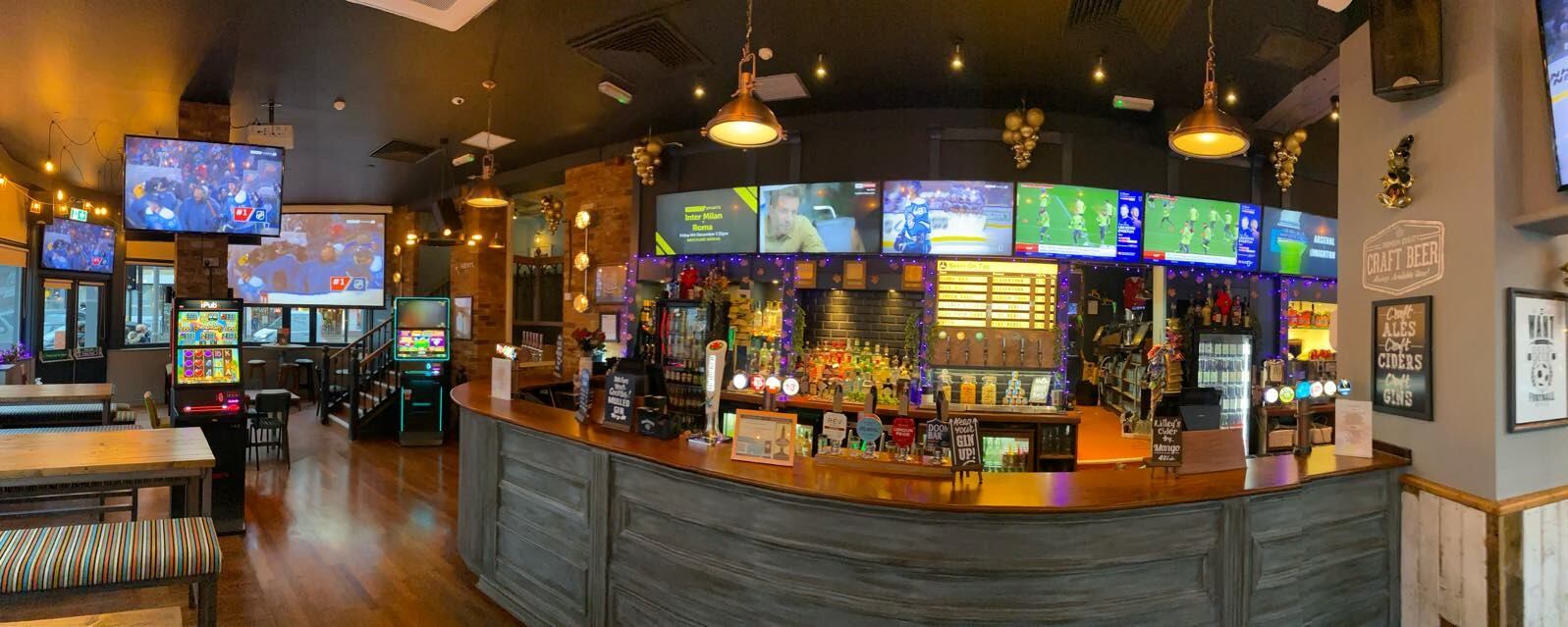Building the Best Team
Promoting and developing your existing team can save you time and money.
Rather than paying for costly recruitment, does anyone in your business demonstrate the behaviours you require from the role? If it’s knowledge and skills they lack, is this something that could be learned? Investing in training your existing team is crucial, given lack of career progression is cited as one of the main reasons people have left the hospitality industry.
- Work with your staff to understand potential ambitions or interests. Then establish training opportunities and career pathways to boost employees’ impressions of you as an employer, and increase their likelihood to consider a career in hospitality.
- The ability to support career development should be a key priority. Demonstrate this commitment to your staff to help incentivise existing employees, increase their feeling of being valued and therefore boost loyalty. Benefit from a more knowledgeable and skilled workforce, as well as decreased costs, by reducing the need for recruitment and induction training.
Remote Training / eLearning
- Online (or eLearning) to gain knowledge on pre-entry topics such as food safety or age verification can save time with new staff. Many providers offer these types of courses that can be completed on most devices including mobile phones, and are industry recognised, which means the content is suitable across the hospitality sector. These courses are low cost and there are often packages to suit all budgets, but operators can also access some resources for free from the Licensed Trade Charity.
- As well as aligning to staff’s ambitions and interests, evaluate what sort of training will drive the most return on investment for your business. For example, if you run a drinks-led pub, then ensuring your bar staff can speak knowledgeably and deliver a consistent quality serve every time will help increase sales and reduce wastage costs. With 90% of your beer and cider sales being on draught, staff training resources like Hello BEER provide courses in beer and cider quality from cellar to serve, helping your staff deliver a great customer experience. Speaking with your supplier can be a great source for these types of training.
- eLearning allows employees to gain knowledge on a wide range of topics, often in their own time so they can manage their learning. A multi-trained team will be able to support each other during busy periods, for example with front of house staff who are cross-trained to support in the kitchen during busy periods. This can lead to a better, happier working environment, as well as higher customer satisfaction.
Government Support
On-the-job training can be supported by using apprenticeships or placements. Licensees can take advantage of two government financial incentives aimed at getting staff up to speed quickly, as well as people back into work.
- Apprenticeship scheme: Apprenticeships allow individuals to earn while they learn and provide practical on-job training with study. They’re also a great way for existing staff to improve their skillset. To apply, employers need to set up an account on the Apprenticeship Service prior to the apprentice being enrolled. You can log back into the system afterwards to claim the incentive. Find out more about Apprenticeship funding.
- Kickstart scheme: If you’re looking to recruit new staff, this scheme provides funding to create new job placements for 16 to 24-year-olds on universal credit at risk of long-term unemployment. You could receive £1,500 per placement until 31 December 2021 to support overhead costs and help improve the person’s employability,
Staff Recruitment
If you still need to fill new roles by expanding beyond your existing workforce, there are some simple, lower cost measures you can take.
- It’s worth exhausting your current network. Contact previous colleagues who may be looking for a change and consider candidates from your last recruitment drive who may not have made the final cut due to timing or other external factors. Don’t be afraid to scout for talent when you’re out and about
- It’s also beneficial to incentivise your existing team with bonuses to help drum up carefully considered talent. If you already have cracking members of staff then chances are they will know friends or family members who share the same values, principles and interests. Just make sure you only fulfil the finder's reward after the new hire has completed at least three months’ service.
- Advertising in-outlet or online can work, but it's important to consider the image you want to project to your guests. Use very positive language. “Always recruiting great people” is much better than “chefs needed” or “kitchen staff vacancies”.
- Personality and the ability to deliver great customer service is critical in hospitality, so it’s important not to focus solely on skills, qualifications and experience. When you do find a potential candidate, it’s worth thinking about how they will fit in with the rest of your team and ultimately with what your business stands for. Trial shifts are a great way to assess someone’s capabilities, but ensure you pay them for their time.
Advice from Heineken UK.




